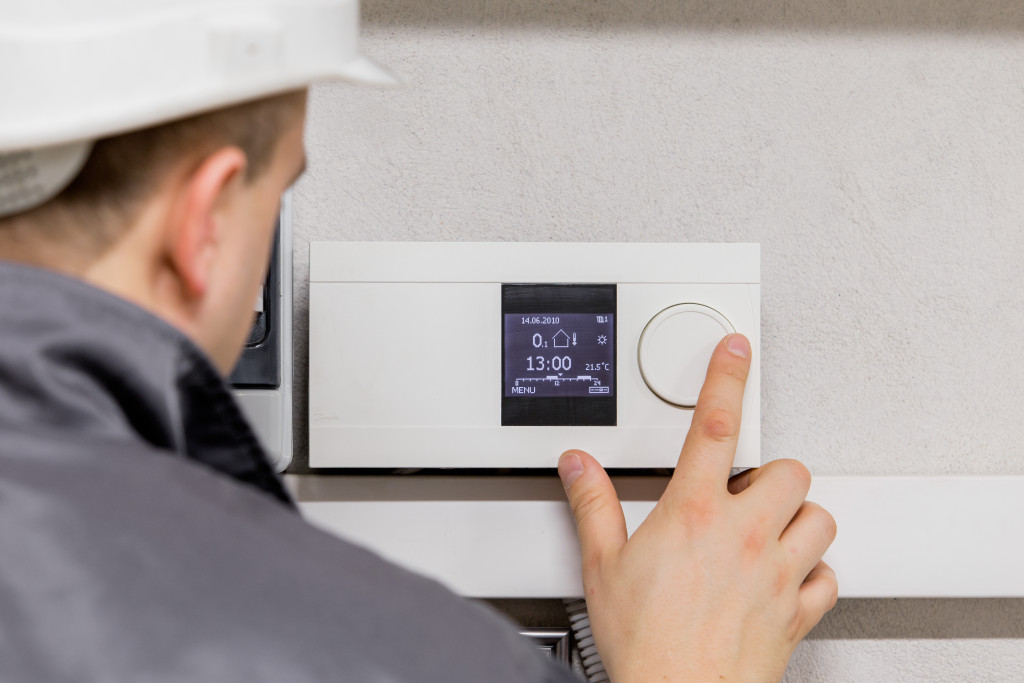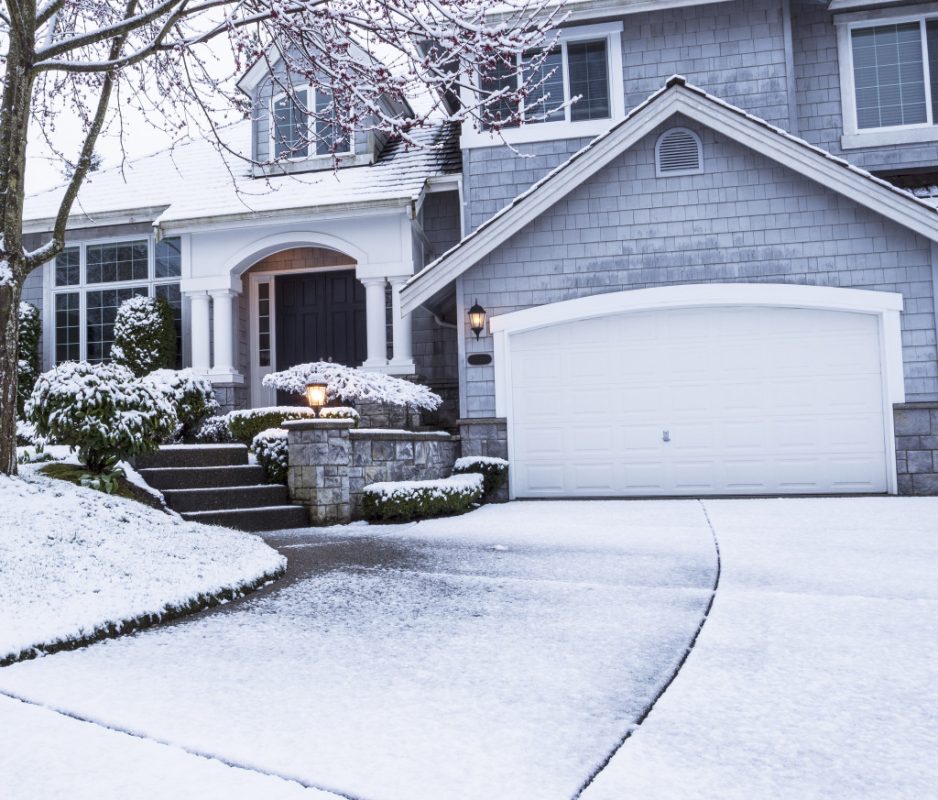- Winter renovations can improve energy efficiency and comfort and protect your home from damage.
- Insulate walls and windows to prevent heat loss and moisture buildup.
- Upgrade to energy-efficient windows and doors with proper installation for maximum effectiveness.
- Service your heating system before winter to ensure optimal performance and reduce the risk of breakdowns.
- Seal air leaks using caulk or weatherstripping, and consider collaborating with winter greenhouse contractors for year-round gardening.
Preparing your home for the colder weather is essential as the winter months approach. Renovations and upgrades can help improve energy efficiency, increase comfort, and protect your property from potential winter damage. This guide will provide five renovation tips to prepare your home for the winter season.
1. Insulate Your Home
Proper insulation is crucial in keeping your home warm during the winter months. Inspect your walls, attic, and windows for any gaps or areas of heat loss. Consider adding insulation to improve energy efficiency and reduce heating costs. Insulating your home keeps you comfortable and helps prevent moisture buildup and potential damage from frozen pipes. Consult with a professional to determine the best type and amount of insulation needed for your specific home.
2. Upgrade Your Windows and Doors
Windows and doors are common sources of heat loss in a home. This is because they are often not sealed tightly, allowing cold air to enter and warm air to escape.
Here are some tips on how to upgrade your windows and doors:
Consider Energy-Efficient Materials
When upgrading your windows and doors, it’s essential to consider energy-efficient materials. Look for options with high insulation properties, such as double-pane glass and weatherstripping. These features help reduce heat loss during colder months while preventing cool air from seeping in during warmer months.
Choose High-Quality Installation

Upgrading your windows and doors is not just about choosing the right materials; it’s also crucial to have them installed correctly. Improper installation can lead to air leaks, reducing the effectiveness of your upgrades. It’s best to hire a professional installer with experience working with energy-efficient materials and knowing how to seal any gaps or cracks properly.
Look for Energy Star Certification
Energy Star is an international standard for energy-efficient consumer products, including windows and doors. When shopping for new windows and doors, look for the Energy Star label, which indicates that the product meets or exceeds energy efficiency guidelines set by the Environmental Protection Agency (EPA). This certification ensures that your upgrades will effectively reduce heat loss and save you money on heating and cooling costs.
Consider Additional Features
Other features are worth considering besides insulation properties when upgrading your windows and doors. For example, installing storm doors and windows can provide extra protection against harsh weather conditions. These additional features improve energy efficiency and enhance security and durability.
3. Service Your Heating System

Before winter, ensuring that your heating system is in optimal condition is crucial. Schedule a professional HVAC inspection and maintenance service to check for issues or potential problems. Clean or replace your furnace filters, check the thermostat settings, and inspect the ductwork for leaks. Regular maintenance improves energy efficiency and reduces the risk of breakdowns during the colder months.
4. Seal Air Leaks
Air leaks can significantly impact the warmth and comfort of your home during the winter. Inspect your home for gaps, cracks, or openings that allow cold air to enter and warm air to escape. Common areas to check include windows, doors, electrical outlets, and plumbing penetrations. Use caulk or weatherstripping to seal these leaks and prevent drafts. This simple renovation can result in significant energy savings and a more comfortable living environment.
5. Consider Investing in a Winter Greenhouse
Winter doesn’t have to mean the end of gardening season. You can continue gardening all year round by collaborating with professional winter greenhouse contractors. Winter greenhouses are designed specifically for cold weather and provide a controlled environment for your plants. This allows you to grow vegetables, herbs, and flowers during the colder months.
Additionally, a winter greenhouse can provide added insulation to your home, reducing heating costs and increasing energy efficiency. Plus, it’s a great way to add some greenery and color to your home during winter.
In Closing
Preparing your home for the winter season involves several essential renovations and upgrades. You can ensure a warm, comfortable, and energy-efficient living environment during the colder months by insulating your home, upgrading windows and doors, servicing your heating system, sealing air leaks, and collaborating with winter greenhouse contractors. Remember to consult with professionals, prioritize energy efficiency, and address any potential issues before the winter arrives. Stay cozy and enjoy the season!

